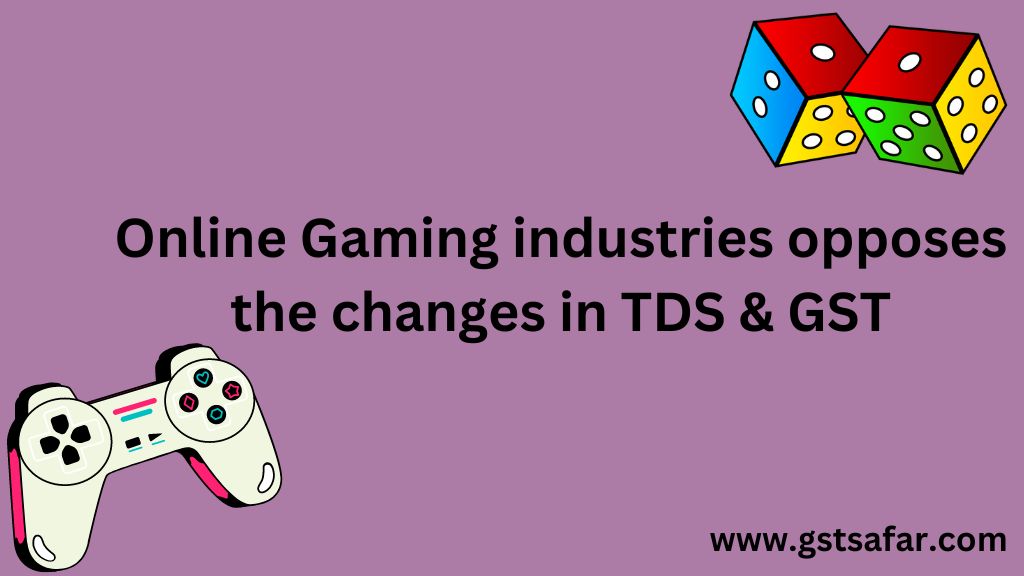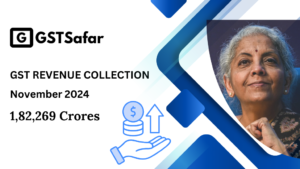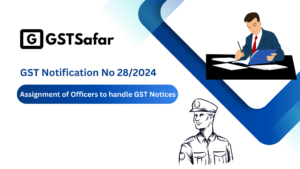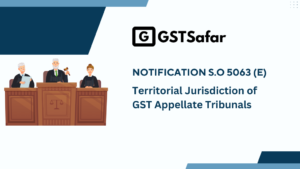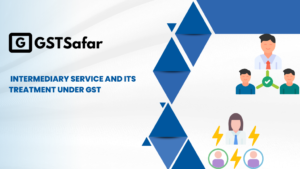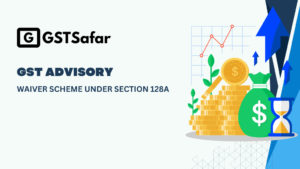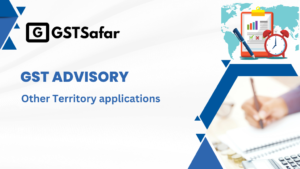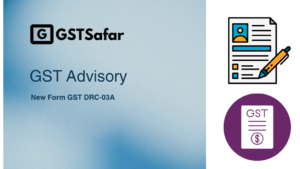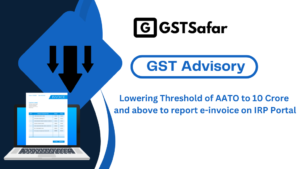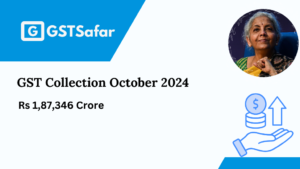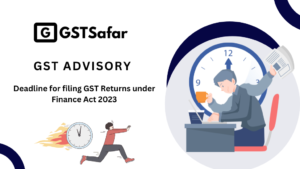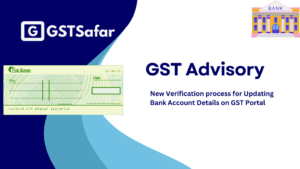Online gaming industries opposes the changes in TDS and GST on online gaming. The online gaming industries has gone to the Central Board of Direct Taxes (CBDT) and the Prime Minister’s Office (PMO) to oppose changes to tax deduction at source (TDS) and Goods and Service Tax (GST) that would affect the sector.
On February 23, the E-Gaming Federation (EGF), the All India Gaming Federation (AIGF), and the Federation of Indian Fantasy Sports (FIFS) wrote to the CBDT to ask them to rethink the changes to the TDS regime that will happen on April 1. This comes after a letter was sent to the PMO on February 9 asking them not to put online gaming in the same category as gambling, horse racing, and casinos. The highest GST rate, 28%, is put on the last two groups. This is often called a “sin tax.”
At the moment, online gaming companies have to charge a 30% TDS on any winnings that users take out of their accounts that are more than 10,000 in a single transaction. The 10,000 limit will still be in place on April 1, but it will be based on a user’s annual income. In other words, a 30% TDS will be taken out of any winnings from online gambling between April 1 and June 30. From July 1, this rule will change, and there will be no minimum amount for TDS to be applied. This means that TDS will be applied to any transaction on an online gaming platform.
In the letter to the CBDT, the industry bodies said that putting in place the new TDS regime would make it unclear how tax would be calculated for the two regimes after March 31. It would also make compliance much more expensive and make it harder for small companies to work in the sector.
“Online gaming has the potential to become India’s next big export industry, but putting in place 28% GST will kill the industry too soon. There are a lot of new businesses in the sector. But if taxes on the sector go up, companies won’t be able to stay in business. It also hurts creators, who won’t be able to make as much money, said Saumya Singh Rathore, co-founder of Winzo Games in Delhi.
The letter from February 9 talks about a long-running debate about how much online gaming should be taxed. Even though a group of ministers (GoM) led by Meghalaya’s chief minister Conrad Sangma has already given its report to the GST Council, the matter was not discussed at the Council’s 49th and most recent meeting on February 20.
A lawyer who asked to remain anonymous said that the ongoing lawsuit between the Directorate General of GST Intelligence (DGGI) and Bengaluru-based Games kraft is likely to lead to a landmark decision that will change how GST is used.
At the moment, online gaming companies have to pay 18% GST on their gross income.
